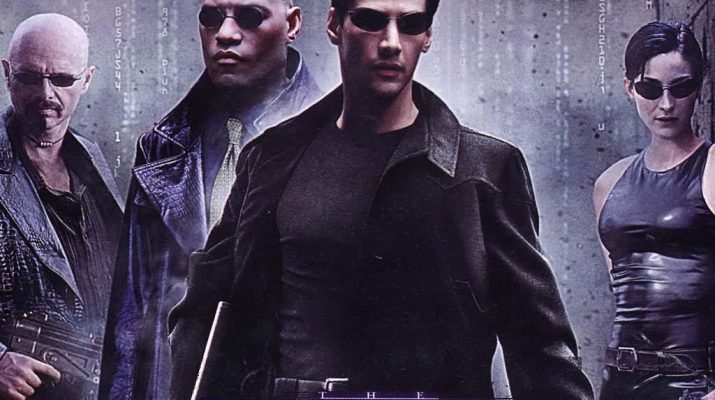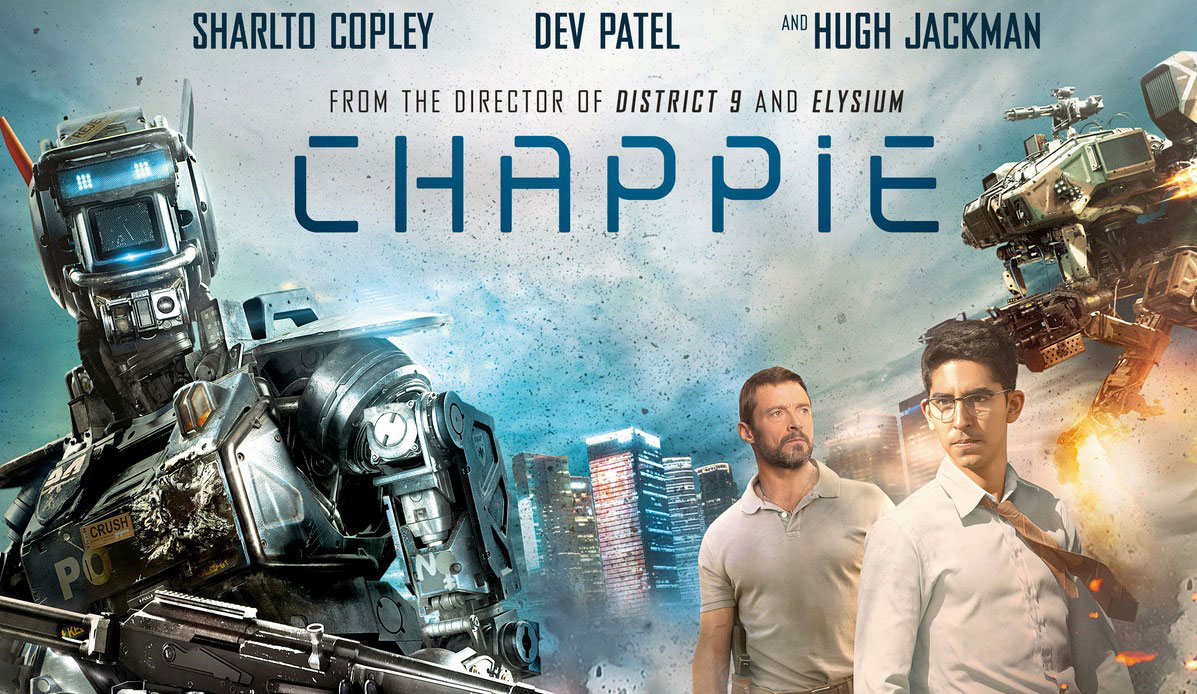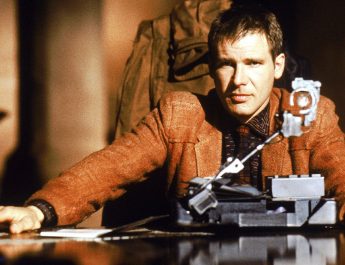The Matrix is a 1999 science fiction action film written and directed by the Wachowskis, starring Keanu Reeves, Laurence Fishburne, Carrie-Anne Moss, Joe Pantoliano, and Hugo Weaving. The film received four Academy Awards in the technical categories.
The film describes a future in which reality perceived by humans is actually the Matrix, a simulated reality created by sentient machines in order to pacify and subdue the human population while their bodies’ heat and electrical activity are used as an energy source. A computer hacker learns from mysterious rebels about the true nature of his reality and his role in the war against its controllers.
In 1999 our obsession over the future simmered within a stew of life-changing technologies then widely known as “dot com”. Our imaginations were running wild when at the perfect moment Warner Brothers released its science fiction classic “The Matrix”. Humans in this story were sustained by an all-encompassing system of machines and tubes that met their physical needs while an even more all-encompassing virtual reality game provided for their emotional needs.
Horror or paradise? That was the question.
For those who see the trajectory of our modern global supply chain and the separate, but intertwined vector coming clear in the world of pure information this dystopic future is starting to look possible. A 2015 book called “Rise of the Robots” chronicles in very credible detail the job-eliminating march of technology not only in the familiar mechanical realm of manual labour displacement, but also intellectual work. The threat comes from Artificial Intelligence, meaning machines that learn. https://www.forbes.com/
The 1999 film The Matrix explores the theme of artificial intelligence in much the same way as Terminator 2. In this bleak portrayal of future society, intelligent machines have become the dominant species of the planet, and, much like Skynet operates in T2, are intent upon ridding the world of the nuisance of humankind. Unlike T2, however, which is set in the midst of the Skynet’s war against the human race, in The Matrix, the war has already been fought, and we are the losers.
The movie is set nearly one century in the future, and all of the human race has been subjugated to a form of virtual slavery by a race of intelligent machines. Morphious, played by Lawrence Fishburne, explains the history of the war, and the current state of the world to Keanu Reeves’ character Neo. Artificial intelligence was first created early in the twenty-first century, a machine conscious of itself and its environment. From this one machine arose an entire race of intelligent, self-aware mechanized beings. Similar to T2, each race saw the other as a threat to its survival, and war was the result. The machines won, and to compensate for our attempt at depleting the machines’ solar energy, enslaved the human race to use as a source of bio-electric power. Specifically, we are placed into the Matrix, a computer generated simulation of the real world in the twentieth century, designed to keep us placated and unable to fight back and reclaim the Earth.

The idea that conflict would arise between man and machine were we to create artificial life is a common one, and explored in more than a few movies. From the computer HAL in 2001: A Space Odyssey, to the military’s intelligent mainframe Joshua in War Games, the common theme develops of one side being afraid of the other, usually humans of machines, and attempting to “pull the plug” on their terrible creation. Conflict is usually the result. In The Matrix, there is a human resistance, living in the real world and able to tap into the computer simulation at will, which is attempting to overthrow the tyrannical rule of the machines. Led by Neo, who can manipulate the Matrix at will, they battle against sentient programs out to kill them, in attempt to free the human race from slavery.
But why is it so frequently assumed in popular media that intelligent machine life represents a threat to our own? If we imbibe machines with our own characteristics of consciousness and emotion, and they then set out to destroy us, what insight does this provide us into our own minds? We assume, perhaps, based on our own instinctual desires to survive and propagate, that all sentient beings will have similar motivations. Just as we view anything that may inhibit us from achieving and maintaining dominance in our environment as a threat, we assume that conscious machines would likewise view us as a limiting factor in their proliferation. We cannot know for certain what sorts of emotions a “living” machine would harbor towards us, but there is no more reason to suspect it would be hostile than friendly. We have no idea if a conscious system would share the human desires or fears of its creators. Personally, I hope that it does not. We have enough problems of our own, without worrying about passing them on to others. https://www.units.miamioh.edu/




